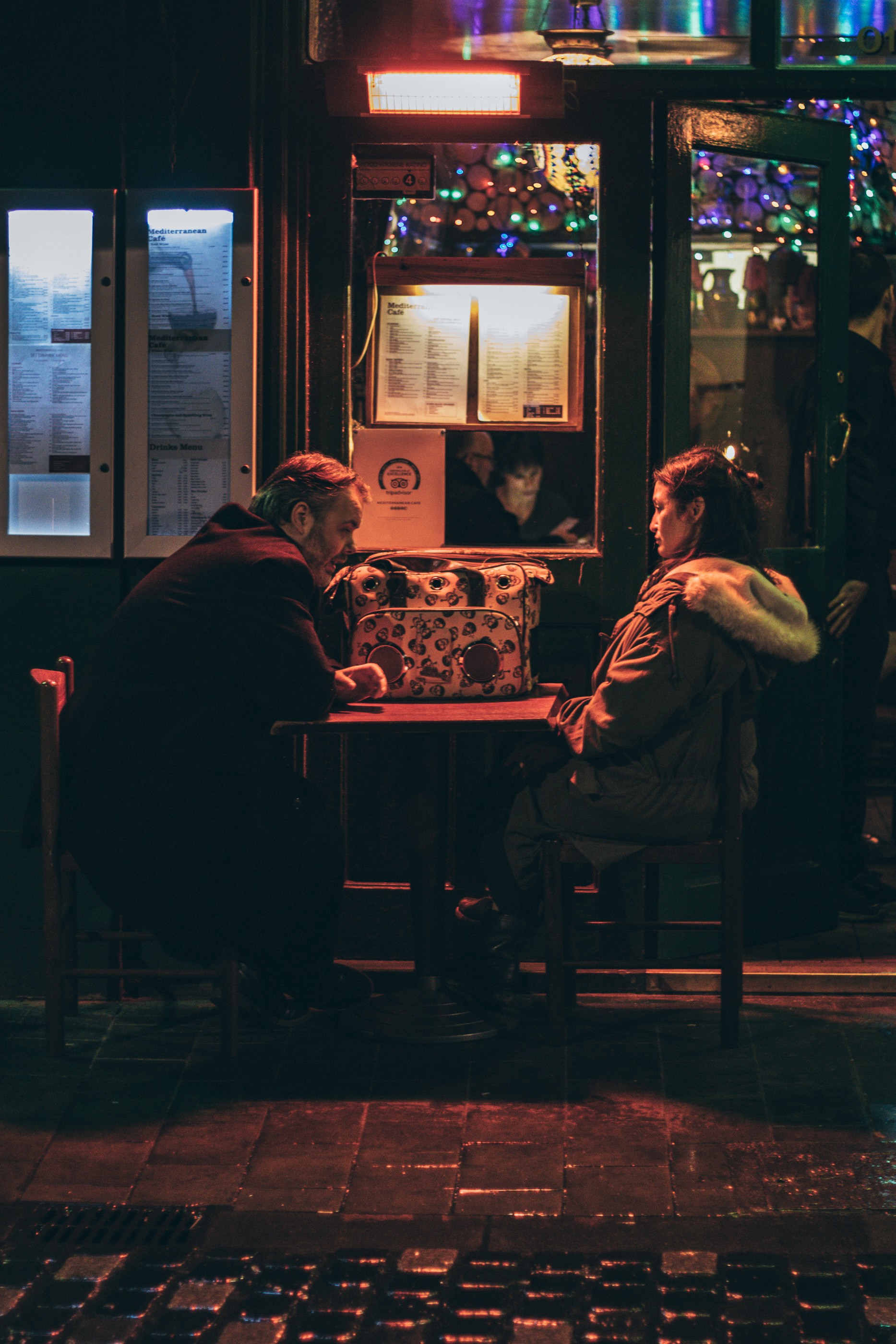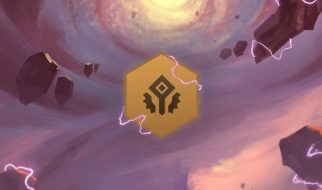Aren?t strong emotions preferable not feeling anything at all?
 Photo by Fred Moon on Unsplash
Photo by Fred Moon on Unsplash
Do you have any relationships with people that you simultaneously love and hate?
I feel this way towards my students almost all the time. I hate it when they make my life extremely difficult and engage in dangerous and harmful misbehavior, and yet I know they have good hearts and are good kids.
To be clear, you don?t hate the person. You hate the person?s behaviors that don?t exactly mesh with your expectations of that person. You can love a person while hating their behaviors, and this is the kind of love-hate relationship we?ll dive into.
It seems like the love-hate relationship is very common, and according to Dr. Berit Brogaard of Psychology Today, love and hate are more similar than they are opposites. We often hate the behaviors of people we love, but why?
Well, Brogaard notes that the most common scenarios for when we love and hate someone simultaneously are when they don?t reciprocate our love. Children do this all the time, and similarly, we did it as children. It?s hard to love someone who doesn?t love you back, and the lack of having our love reciprocated often means that we conclude the other person is flawed, and it?s in our own biases to attribute those flaws to the person?s disposition than their circumstances.
But the love-hate relationship happens even when love is reciprocated. Relationships are paradoxical because it?s natural to get tired of someone you spend a lot of time with. Think about marriages during the pandemic ? having to spend all your time with your spouse makes you give up a lot of your personal autonomy, especially when you have strong disagreements with how to do the dishes, how to organize cabinets, and what show to watch.
Spending time with another person is good, but spending all your time with that person can be unhealthy. In my personal life, I like to write and be alone to run a couple of hours each day. Thankfully, my girlfriend is accepting but not all partners and relationships are.
The fundamental fact of relationships, as Brogaard notes, is that there will be times where you have to sacrifice your needs and preferences for the wishes and needs of others. Parents do this for their children. We do this for our significant others. And as a teacher, I have to do this for my students.
There were many days I didn?t want to show up to work this year, but I still had to for my kids. Sure, I didn?t have every lesson executed perfectly and planned to a T, but who does? Brogaard recommends finding a middle ground situation where if your daughter wants to watch three movies, and you want to watch one, you watch two together.
Giving up our personal autonomy doesn?t always feel good, especially if we?re very used to doing what we want, when we want. I love my independence, and I hate sacrificing it, but I understand there are a lot of times I must. When we are in relationships, giving up some of our autonomy can be seen as punishment, and you?re going to hate, sometimes, the person you see as the reason for you losing your independence.
Love also makes us all very vulnerable, and in a relationship, once we?re past a honeymoon phase, everyone?s true colors show. Every teacher can tell you about the honeymoon phase in September, or maybe even October when everyone loves each other and no kids misbehave and lessons are planned extremely well, but that changes very quickly. We hide who we are and present a marketable and amicable exterior when we feel we are being judged on appearances and need to make an impression, but afterwards, we?re more comfortable sharing our weaknesses.
At the core, sharing our weaknesses means we?re being vulnerable. That means we?re showing our flaws ? but that also means the other person is showing their flaws. If it isn?t obvious, we all have a lot of flaws, and for people like me that deal with children as a living, those flaws are very accentuated.
You?re not always going to see the parts of other people that are flattering. You?re going to see the good, bad, and ugly of others, and that?s not always something you like.
Hate coexists with love as a natural reaction to these not-so-flattering parts of others when you know them better, but the fact is that you know people you hate well, and you think about them often and strongly if you hate them. You?re less likely to love, or hate someone if you don?t think of them often, so just having your attention fixated on a person means you have a relationship with them.
Ambivalence is the feeling when love mixes with hate. In a functional relationship, according to Brogaard, love trumps hate, but we all know that isn?t always how life works. We always do have ambivalent feelings when two emotions or desires compete, like when we?re tired of someone being late, but expecting it, or tired of a student misbehaving but not being surprised. We?re sad when a grandparent or parent with Alzheimer?s or Dementia dies, but on some level, happy that they didn?t have to suffer anymore.
Hating the people we love does not make us bad people, but human. Brogaard notes that love can turn to hate extremely quickly. A 2008 study from Semir Zeki and John Paul Romaya in PLoS ONE notes that the brain regions that activate when we love someone are the exact same regions that activate when we hate them. In both emotions, researchers saw increased activity in the insula and putamen. Since love and hate are both extremely strong emotions, the insula, a brain region that determines the intensity of an emotion, is activated since it doesn?t differentiate between a positive or a negative emotion.
Love and hate are both emotions of high arousal, with love being the positive emotion, and hate being the negative one. Psychologically, the arousal effect can turn quickly from positive to negative or vice versa.
So we love the people we hate. And we hate the people we love. Rarely do we have a relationship where it?s unequivocal, positive love all the time ? and even for relationships where we show unconditional love, aren?t there times we get impatient, and frustrated that someone isn?t returning the same amount of love?
Think about how many breakups end acrimoniously and turn from love to hate. The fact remains that the emotions tend to be very strong ? isn?t that preferable, to, well, not feeling anything at all?


